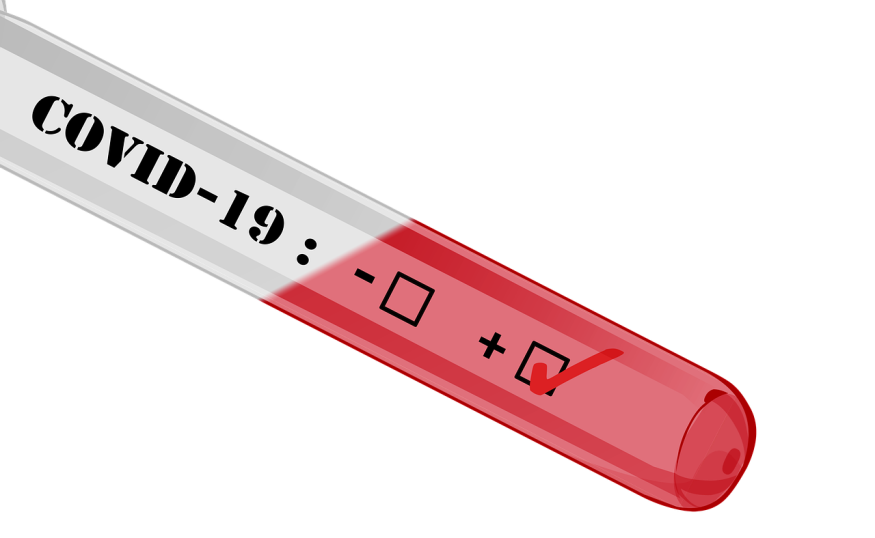Researchers discovered a paper-based electrochemical sensor to detect COVID-19 existence in less than 10 minutes. After further examination, the bioengineering graduate students in the United States show that the test could be a fast, inexpensive, and more effortless diagnostic technique. Researchers uploaded the report in ACS Nano.
"Currently, we are experiencing a once-in-a-century life-changing event," said Bioengineering graduate student Maha Alafeef. "We are responding to this global need from a holistic approach by developing multidisciplinary tools for early detection and diagnosis and treatment for SARS-CoV-2," Alafeef, who co-authored the study, said.
Researchers examine RNA samples taken from a patient's nasal swab or saliva sample using an extremely sensitive molecule attached to gold nanoparticles to detect viral RNA in an assay produced by the University of Maryland School of Medicine (UMSOM), US. The molecule (acting as a biosensor) attaches to it. The attached gold nanoparticle shifts the liquid reagent color from purple to blue if the viral antigen is present in the sample, signaling that there are COVID-19 proteins.
"Based on our preliminary results, we believe this promising new test may detect RNA material from the virus as early as the first day of infection. Additional studies are needed, however, to confirm whether this is indeed the case," said study leader Dr. Dipanjan Pan, Professor of Diagnostic Radiology and Nuclear Medicine and Paediatrics at the UMSOM.
Dr. Pan also clarified that any COVID-19 test is based on the speed and accuracy of detecting any virus efficiently. This suggests that if the virus is currently active, it does not offer a false negative outcome, but a false positive result if the virus is not there. The virus will not be identified by several of the screening tests already on the market for several days after infection. They have a high incidence of false-negative outcomes for this cause.

Will it pass the FDA's recommendation?
A business named VitruVian Bio has now been set up to improve the test for commercial usage. Dr. Pan also plans to have a pre-submission consultation with the Food and Drug Administration (FDA) of the United States during the next month to address conditions for securing the test's emergency usage permit. However, the current FDA regulation requires COVID-19 experiments to be sold without forcing them to go through the normal certification procedures, as long as they fulfill some conditions for validity.
The co-author of the study, Dr. Matthew Frieman, Associate Professor of Microbiology and Immunology at UMSOM, said this RNA-based test seems to be quite promising in virus identification. The creative solution without the requirement for a complex laboratory facility produces performance.
The team said that what they produced might offer a cheaper and easier alternative to the COVID-19 laboratory studies, capable of being used by untrained workers, despite further clinical research being needed. They concluded that the test might theoretically be used as a screening tool to detect any resurgence in infections in areas such as nursing homes and schools if it met FDA standards.
Check out more news and information on COVID-19 on Science Times.
© 2026 ScienceTimes.com All rights reserved. Do not reproduce without permission. The window to the world of Science Times.












